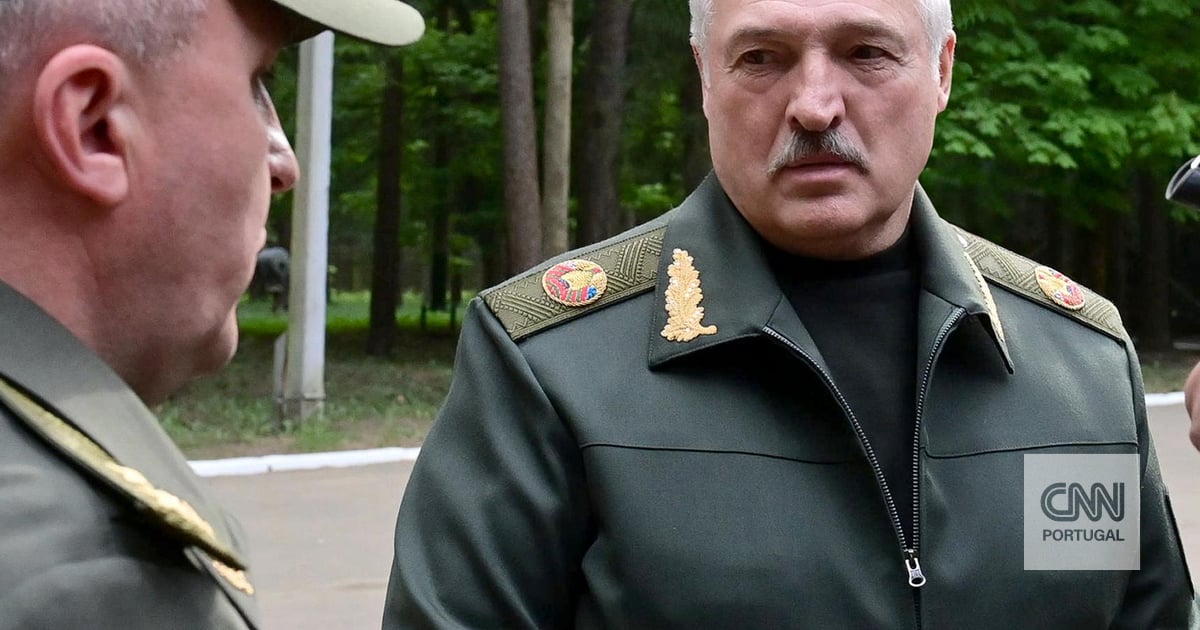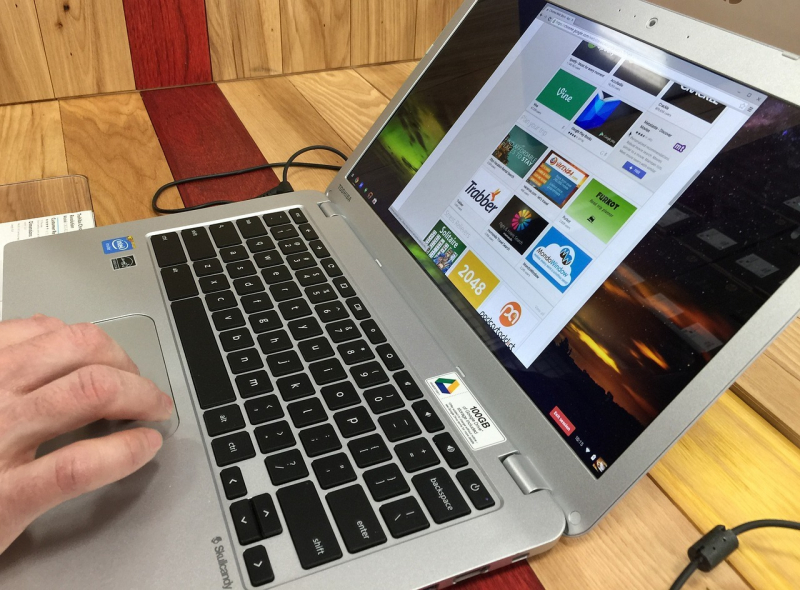Nearly three years ago, Russian President Vladimir Putin backed Belarusian President Alexander Lukashenko as Europe’s longest-serving dictator faced a wave of street protests.
Now, it appears that Lukashenko has backed Putin, if we are to believe what the Kremlin and the Belarusian presidential press service are telling us.
Quick recap: On Saturday, a great crisis shook the foundations of the Russian state, as forces loyal to Wagner’s mercenary chief, Yevgeny Prigozhin, marched toward Moscow. Then there was a sudden turn – Prigozhin called off his advance, claiming that his mercenaries had come 124 miles from the capital but had turned back to avoid Russian bloodshed.
According to the press service of the Belarusian presidency, the decision was made after the unexpected intervention of Lukashenko himself. The alleged agreement reached with Prigozhin would allow the departure of Wagner’s chief to Belarus; the criminal case against the mercenary chief is dropped; Wagner fighters will be integrated into the official military structures by signing contracts with the Russian Defense Ministry.
However, it should be emphasized that these are just the general outlines of the agreement. Prigozhin – whose whereabouts remain unknown – has not commented on the alleged deal. The Kremlin and Belarusian version of Lukashenko’s mediation appears to have no credibility.
“You may ask me – why Lukashenko?” Kremlin spokesman Dmitry Peskov said on Saturday. “The fact is that Alexander Grigorievich (Lukashenko) has known Prigozhin personally for a long time, about 20 years. And it was his personal proposal that was agreed upon with President Putin. We are grateful to the President of Belarus for these efforts.”
Peskov stated that these efforts “succeeded in settling the situation without further losses, without raising the level of tension.”
Yet Lukashenko’s apparent meddling raises more questions than it answers.
First of all, Lukashenko is clearly seen as the weakest partner in the relationship with Putin. And Belarus is counting on Russia for help: At the height of Lukashenko’s confrontation with the protesters, Putin offered a $1.5 billion loan. Belarus was a staging ground for Russian military operations in Ukraine, which further isolated Lukashenko from the West and led to new sanctions on the country’s economy.
So what should Lukashenko gain from this? It seems hard to imagine Prigozhin happily harvesting potatoes alongside the Belarusian leader, a former farm chief. And why couldn’t Putin — who was, until this weekend, the trusted arbiter of disputes between Russia’s elites — strike the bargain himself? Lukashenko’s mandate to resolve the crisis further damages Putin’s image as a decisive man of action.
The first details we have don’t seem to add up. And this uncertainty adds to other questions: What will happen to the Wagner “brand”? Will Prigozhin’s rank and file be self-satisfied and absorbed by the Russian army? Will they continue to be loyal to their boss? And what will happen to Wagner’s forces operating in other parts of the world, from Africa to the Middle East?
Prigozhin – if and when he appears – may give us some clues.

“Hardcore alcohol maven. Hipster-friendly analyst. Introvert. Devoted social media advocate.”

